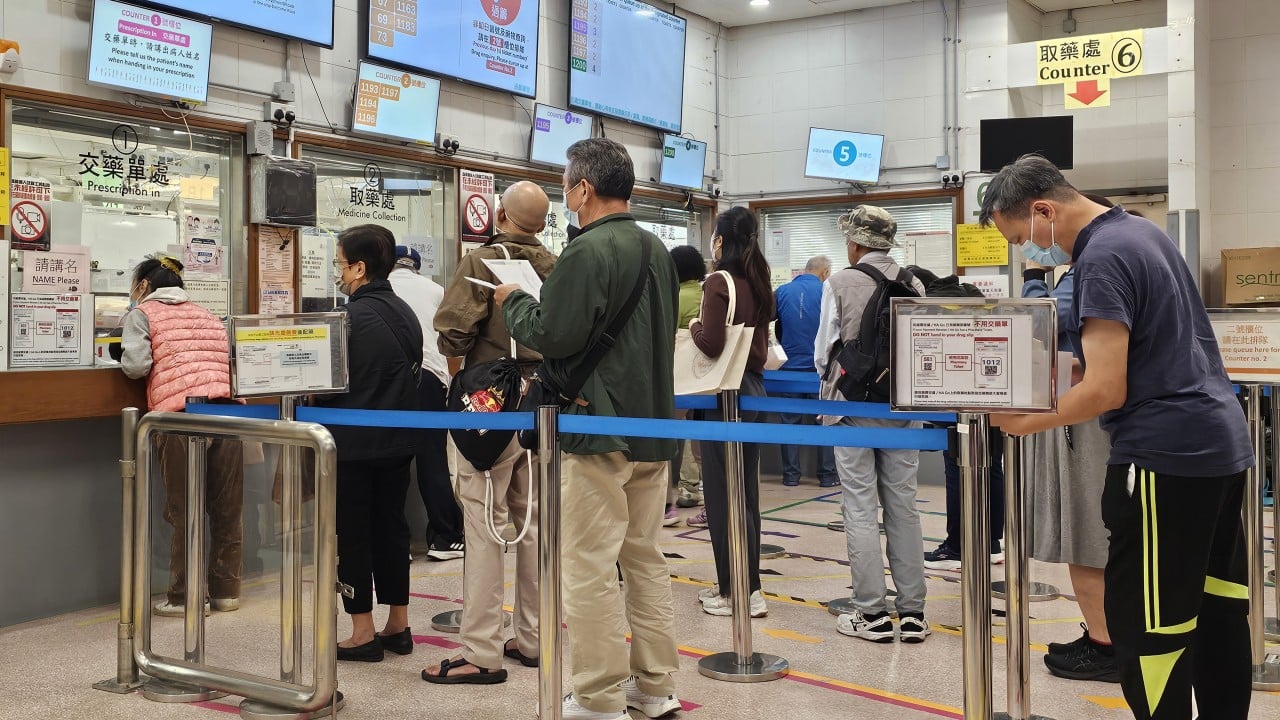Hong Kong faces rising hospital fees, insurance premium increases, unprofitable health insurers and high out-of-pocket health spending. This developing healthcare cost crisis is expected to worsen amid the city’s ageing population.
Advertisement
Avoiding this crisis requires a transformation in cooperation between healthcare providers, insurers and health authorities, underpinned by technology integration across the whole system.
Ignoring the impact of Covid-19, healthcare costs rose by 23 per cent in the five years to 2023, with taxpayer-funded costs increasing from 50 per cent of the total to 52 per cent and out-of-pocket costs averaging 30 per cent of total spending for that period. Government healthcare spending grew by 28 per cent, and insurance funding has not reduced the burden on taxpayers and out-of-pocket costs.
Relative contributions to healthcare funding from private and employer-based insurance schemes have not grown meaningfully in the past five years, averaging 17 per cent of total spending. Health insurers are struggling with profitability because of inflation in medical costs, leading them to increase premiums. This constrains the take-up of private insurance, adding a new dimension to the sustainability problem.
Increasing healthcare costs can only be met through higher private insurance premiums, increased government expenditure and higher out-of-pocket spending. There is no magic fourth way to fund the system.
Advertisement
Examining system efficiency and cost inflation is key to achieving sustainability. Private healthcare providers and insurers have conflicting priorities and may not always agree on what treatments are necessary, for example. Limited cooperation can lead to overprescription and tightened insurance practices, driving up costs.

